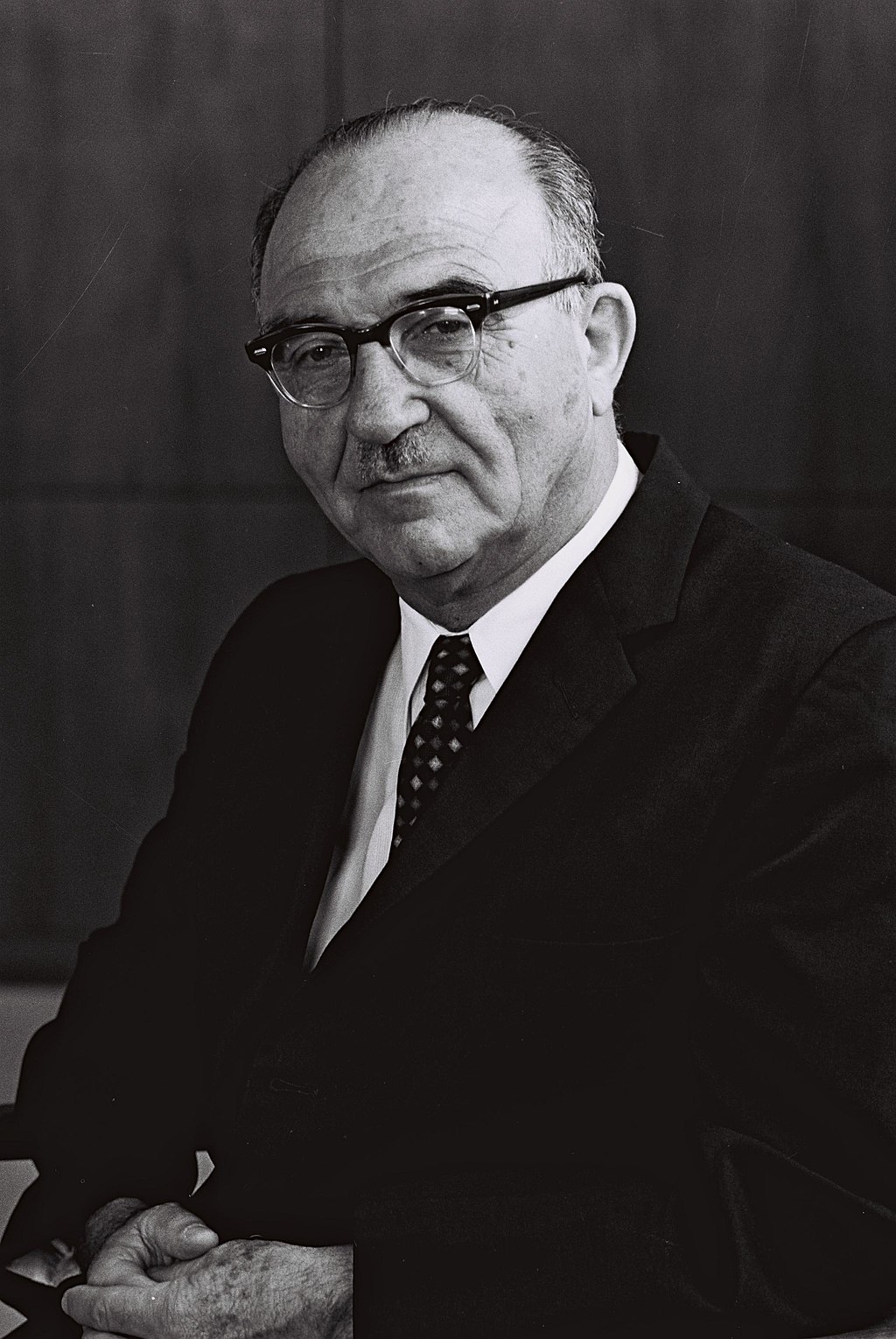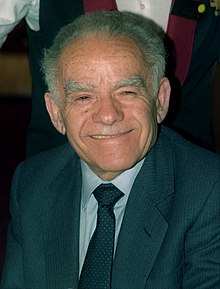Introduction
Ruth Arnon is an Israeli immunologist known for her pioneering work in the development of Copaxone, a major drug for treating multiple sclerosis (MS). Born on June 1, 1933, in Tel Aviv, Arnon has been a leading figure in the field of immunology, contributing significantly to vaccine development and autoimmune disease research. Her groundbreaking contributions have had a lasting impact on medical science and improved the lives of countless MS patients around the world.
Early Life and Education
Ruth Arnon grew up in a family that valued education and scientific exploration. She attended the Hebrew University of Jerusalem, where she studied chemistry and obtained her master’s degree and Ph.D. Following her academic achievements, she joined the Weizmann Institute of Science, where she began her collaboration with Michael Sela, which would lead to significant breakthroughs in immunology.
Scientific Contributions
Arnon’s most notable achievement is her co-development of Copaxone, a synthetic polypeptide used to treat multiple sclerosis. Copaxone was a result of her extensive research on autoimmune diseases and was designed to prevent the immune system from attacking the central nervous system, a hallmark of MS. This medication has become one of the most effective treatments for managing MS, allowing patients to lead significantly improved lives.
In addition to Copaxone, Arnon has made important contributions to the understanding of antigen-antibody interactions and the development of synthetic vaccines. She has worked on novel approaches to combating parasitic diseases and contributed to the advancement of various vaccines, enhancing their efficacy and safety.
Impact on Medicine
Copaxone’s success has solidified Ruth Arnon’s reputation as a key figure in medical research. Her work not only improved the treatment landscape for multiple sclerosis patients but also highlighted the importance of immunomodulation in managing autoimmune diseases. Her studies into the mechanisms of the immune response have influenced numerous areas, including cancer immunotherapy, where understanding how to manipulate the immune system is crucial.
Arnon’s research into synthetic vaccines has also paved the way for new developments in the field of vaccinology, offering insights into designing vaccines that are more effective and accessible. Her commitment to applying scientific research to practical health challenges has made her a role model for scientists globally.
Awards and Recognition
Ruth Arnon has received many prestigious awards in recognition of her contributions to science. She has been awarded the Israel Prize, the Wolf Prize in Medicine, and the EMET Prize. She also became the first female president of the Israel Academy of Sciences and Humanities, reflecting her leadership in the scientific community and her commitment to advancing scientific knowledge.
Ongoing Research and Legacy
Arnon continues to be actively involved in scientific research and policy advocacy. Her ongoing work focuses on the development of new vaccines, with particular attention to parasitic diseases that affect underprivileged populations. Her legacy is seen in the widespread use of Copaxone, her numerous contributions to immunology, and her role as an advocate for the application of science to solve global health issues.



